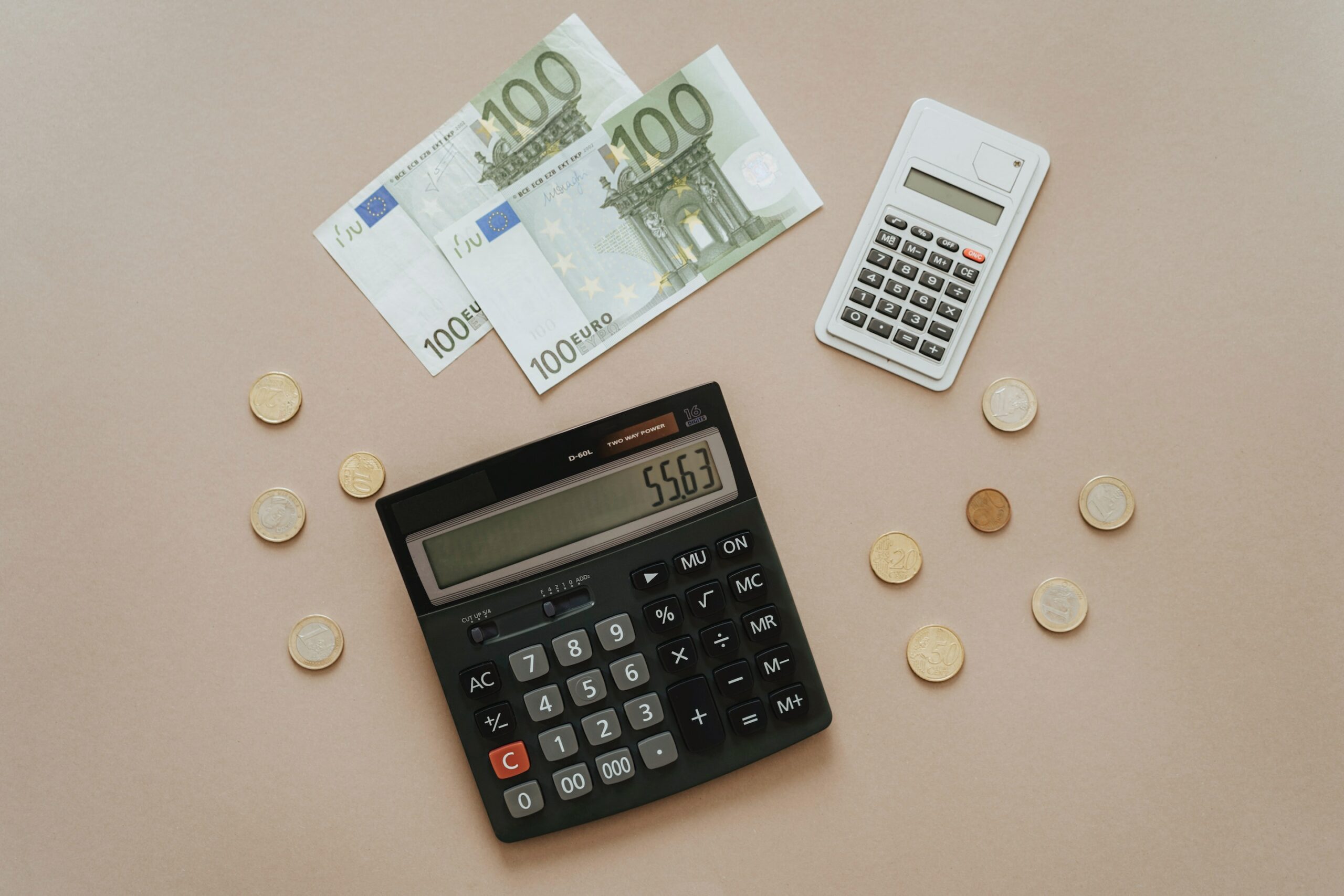Here’s the long and short of it: there is no way to eliminate credit card debt without paying it. But the way out of debt requires only two commitments. 1. Change your spending habits. 2. Prioritize paying off debt before any purchase.
With these two commitments, you can handle your debt. How quickly you pay off the credit card debt will depend on how large the debt is and how much money you can funnel into it. Whether it takes weeks, months, or longer, stay diligent. Taking control of your personal finances produces lifelong rewards.
What Not To Do
Before we get to the “how” of changing your habits and paying off the debt, you should know what not to do.
Avoid debt consolidation or settlement solutions. Also avoid borrowing from your 401(k), IRA, or home equity accounts against your debt. All of these “quick-and-easy” solutions only expose your finances to more volatility and risk.
Debt consolidation takes multiple lines of debt and combines them into one payment. The issue with consolidation is that the payment terms are extended, and the interest rates aren’t always favorable.
Making deals with debt settlement companies is a quick way to lose even more money. Debt settlement companies make a profit off the misfortune of others. This conflict of interest puts you at greater risk for making your debt worse rather than better.
Borrowing money from retirement accounts comes with penalties, especially from 401(k) accounts. Using home equity to pay off debt might seem a quick fix as well, but this decision is also risky. If you borrow against your house and then can’t afford the payments, you leave yourself open to losing your home.
Instead, stay calm. Sit down and create a repayment plan that you can manage. Whether you owe thousands or hundreds of thousands in credit card debt, you can be confident knowing that people throughout history have come back from millions in debt and have gone on to become successful business owners and entrepreneurs.
What You Should Do to Handle Credit Card Debt
If you want to get out of debt the right way, you’ll want to start with a plan. Here are a few tips we recommend when getting started on your journey in eliminating your debt and improving your financial health.
1. Track your spending and your spending habits
Often, many people with credit card debt earned that debt from bad spending habits or by responding to an emergency without having a savings fund in place. Whether that debt came from bad spending habits or from unfortunate circumstances, there is a handful of spending tips to ensure you’re making the most out of every penny and stretching every dollar.
One key element to improving your spending habits is by creating a budget and tracking your spending.
There are a handful of applications and software like Mint and Everydollar that help people track their spending and create a budget. Whether you decide to use a digital or analog system is up to you, but make sure it’s simple to follow and fits your lifestyle.
Tracking your spending is important because it helps you identify areas of your budget that you may be overspending, prompting you to adjust your budget or spending habits.
A few habits that help nearly everyone looking to save money include cooking at home, choosing free entertainment options, and finding a hobby that earns money.
2. Prioritize Paying Off Your Largest Debts First
As you review your spending, two key pieces of information will reveal themselves – you’ll learn how much money you make on average and how much you spend on average for any given period. For starters, you want to know how much money you make after one week and after one month.
You should already have a budget that tells you how much money you’ll need to spend on your basic needs, like food and paying the rent or mortgage. After you’ve finished paying off your set of responsibilities, your priority is to pay off your credit card debt starting with the debt accruing the most interest. This is generally your largest debt, so aim to pay that down.
You don’t want to settle with paying the minimum. As you stay in debt, your debt gets larger from the interest. To avoid paying more than you borrowed, you want to pay off your credit card debts in full each month. Since your debt is too large to pay off in a month, you’ll want to contribute as much as you can as often as you can. That means contributing the extra money you save from skipping the latte towards paying down your total credit card debt.
What to Do After Your Credit Card Debt is Paid
After paying off your credit card debt, you will feel accomplished and will be able to better manage your finances. Your next step towards building wealth could be looking into investing your money into a new entrepreneurial business venture or investment accounts like the stock market or bonds.
Should I get rid of my credit cards?
This question often arises when discussing credit card debt. It might be good for some people to cut up their cards and cancel their accounts. After all that work eliminating debt, many people simply don’t want to go back to owning a credit card.
The answer to that question lies in another question, “are you responsible enough to pay your credit cards in full?” If so, credit cards and building your credit can offer a wealth of rewards, like cashback and points towards rewards.
On the other hand, credit is never necessary to build wealth. Paying your car in full or paying off a house in full without accruing any debt is always the best option to minimize risk and ensure your monetary exchanges have no strings attached.
To conclude, stay realistic about your spending habits and put your money toward financial wellness, not debt. For more tips on improving your wealth, check out our other articles in our resource center.


